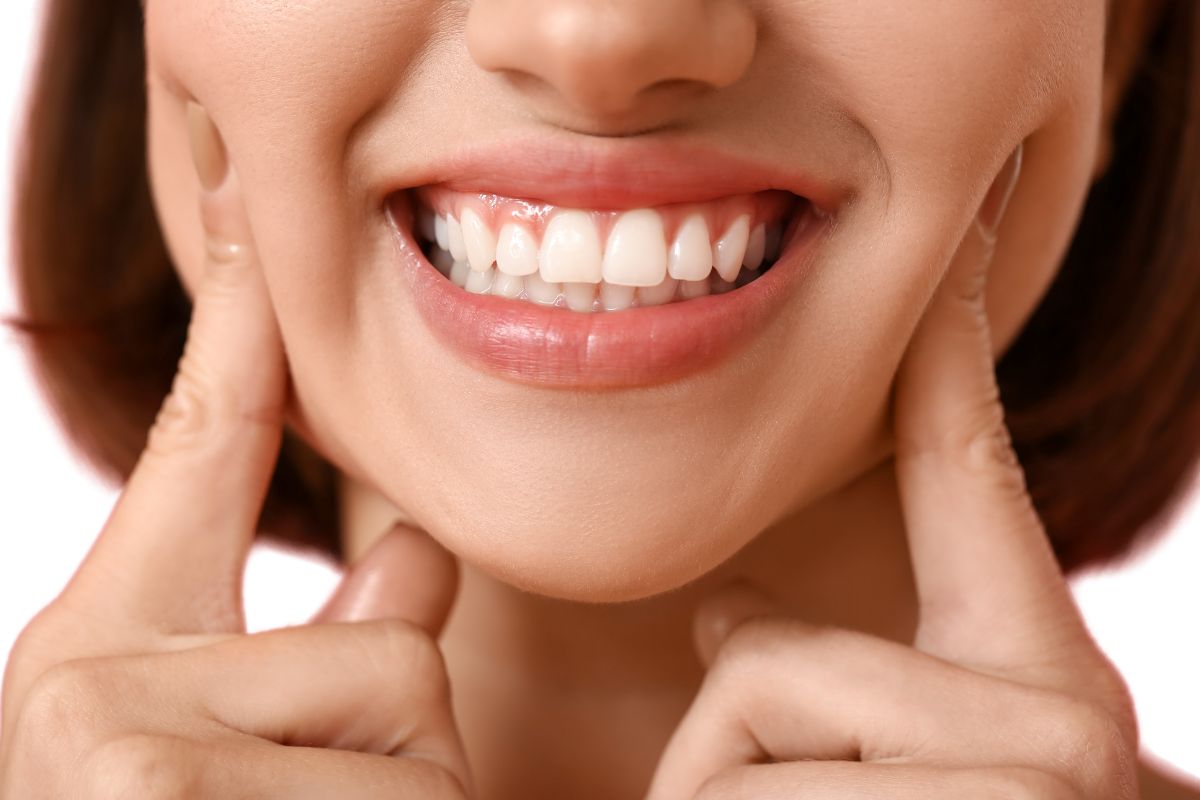
Gum health is a crucial aspect of oral hygiene that often goes overlooked. Healthy gums not only support your teeth but also contribute to your overall health. Neglecting gum health can lead to periodontal disease, a serious condition that affects the tissues surrounding your teeth. Here are some expert tips from the team at First Hill Dental Center, your trusted periodontist and dentist in Seattle WA, to help you maintain and improve your gum health.
1. Maintain Proper Oral Hygiene
Good oral hygiene is the cornerstone of healthy gums. Regular brushing and flossing are essential to remove plaque, a sticky film of bacteria that forms on your teeth.
- Brushing: Brush your teeth at least twice a day using a soft-bristled toothbrush and fluoride toothpaste. Make sure to brush all surfaces of your teeth and along the gumline.
- Flossing: Floss daily to remove plaque and food particles from between your teeth and under the gumline, where a toothbrush can't reach.
- Mouthwash: Use an antimicrobial mouthwash to help reduce bacteria and freshen your breath.
2. Regular Dental Checkups
Routine dental visits are vital for maintaining gum health. Professional cleanings remove tartar, a hardened form of plaque that cannot be removed by brushing and flossing alone.
- Cleanings: Schedule a dental cleaning every six months. If you have a history of gum disease, your periodontist might recommend more frequent visits.
- Exams: During your checkup, your dentist will look for signs of gum disease, such as swelling, redness, and bleeding.
3. Quit Smoking
Avoid Smoking to Protect Your Gum Health It weakens your immune system, making it more difficult to fight off a gum infection. Quitting smoking can improve your gum health and overall well-being.
- Support: Seek support from your dentist or periodontist, who can provide resources and assistance to help you quit smoking.
4. Eat a Balanced Diet
A healthy diet can promote healthy gums. Foods rich in vitamins and minerals, particularly vitamin C, can help reduce inflammation and promote gum health.
- Fruits and Vegetables: Include a variety of fresh fruits and vegetables in your diet. They are high in antioxidants and essential nutrients that support gum health.
- Avoid Sugary Foods: Limit your intake of sugary foods and beverages, as they contribute to plaque buildup and gum disease.
5. Stay Hydrated
Drinking plenty of water helps wash away food particles and bacteria that can lead to gum disease. Water also stimulates saliva production, which is crucial for keeping your mouth healthy.
- Water Intake: Aim to drink at least eight glasses of water a day to stay hydrated and keep your mouth clean.
6. Use the Right Techniques
Using the correct brushing and flossing techniques ensures that you effectively clean your teeth and gums without causing damage.
- Brushing: Hold your toothbrush at a 45-degree angle to your gums and use gentle, circular motions. Avoid vigorous back-and-forth scrubbing.
- Flossing: Use about 18 inches of floss, winding most of it around your middle fingers. Gently slide the floss between your teeth and curve it into a C-shape against each tooth, moving it up and down.
7. Manage Stress
Stress can negatively impact your oral health by causing you to neglect your oral hygiene routine or grind your teeth, which can harm your gums.
- Relaxation Techniques: Practice relaxation techniques such as yoga, meditation, or deep breathing exercises to manage stress.
8. Professional Treatments
If you are experiencing gum disease, professional treatments are necessary to restore gum health. At First Hill Dental Center, your periodontist Seattle offers advanced treatments, including:
- Scaling and Root Planing: This deep cleaning procedure removes plaque and tartar from below the gumline and smooths the tooth root to promote healing.
- Gum Surgery: In severe cases, surgical interventions such as flap surgery or grafts may be necessary to restore and regenerate healthy gum tissue.
9. Recognize the Signs of Gum Disease
Understanding the signs and symptoms of gum disease can help you take proactive steps to address issues early. Common signs include:
- Red, Swollen Gums: Healthy gums should appear pink and feel firm. Redness and swelling are signs of inflammation.
- Bleeding Gums: Gums that bleed during brushing or flossing can indicate gum disease.
- Bad Breath: Persistent bad breath or a bad taste in your mouth can be a sign of gum disease.
10. Use Special Care Products
There are special dental care products designed to help improve gum health. These include:
- Electric Toothbrushes: Electric toothbrushes can be more effective at removing plaque than manual ones.
- Water Flossers: Water flossers use a stream of water to clean between teeth and below the gumline, which can be especially helpful for people with braces or other dental appliances.
Conclusion
Improving and maintaining your gum health requires consistent effort and attention. By following these tips and working closely with your periodontist and dentist in Seattle, WA, at First Hill Dental Center, you can enjoy healthy gums and a beautiful smile for years to come. If you have any concerns about your gum health, don't hesitate to schedule an appointment with the experts at First Hill Dental Center for personalized care and treatment options.
rt writing here...